Advanced EMG testing that pinpoints exactly what’s causing your numbness, tingling, or muscle weakness.
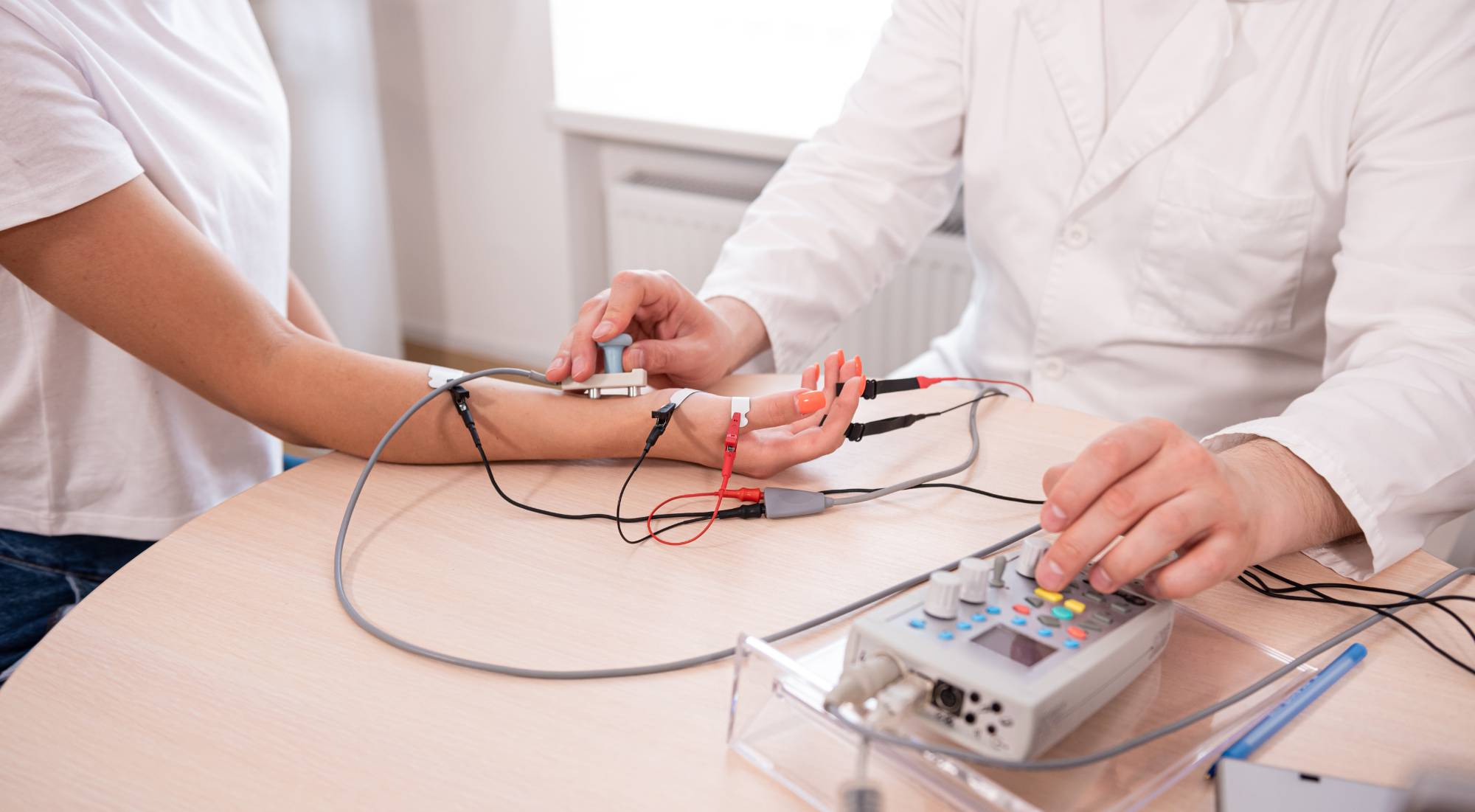
Reviews
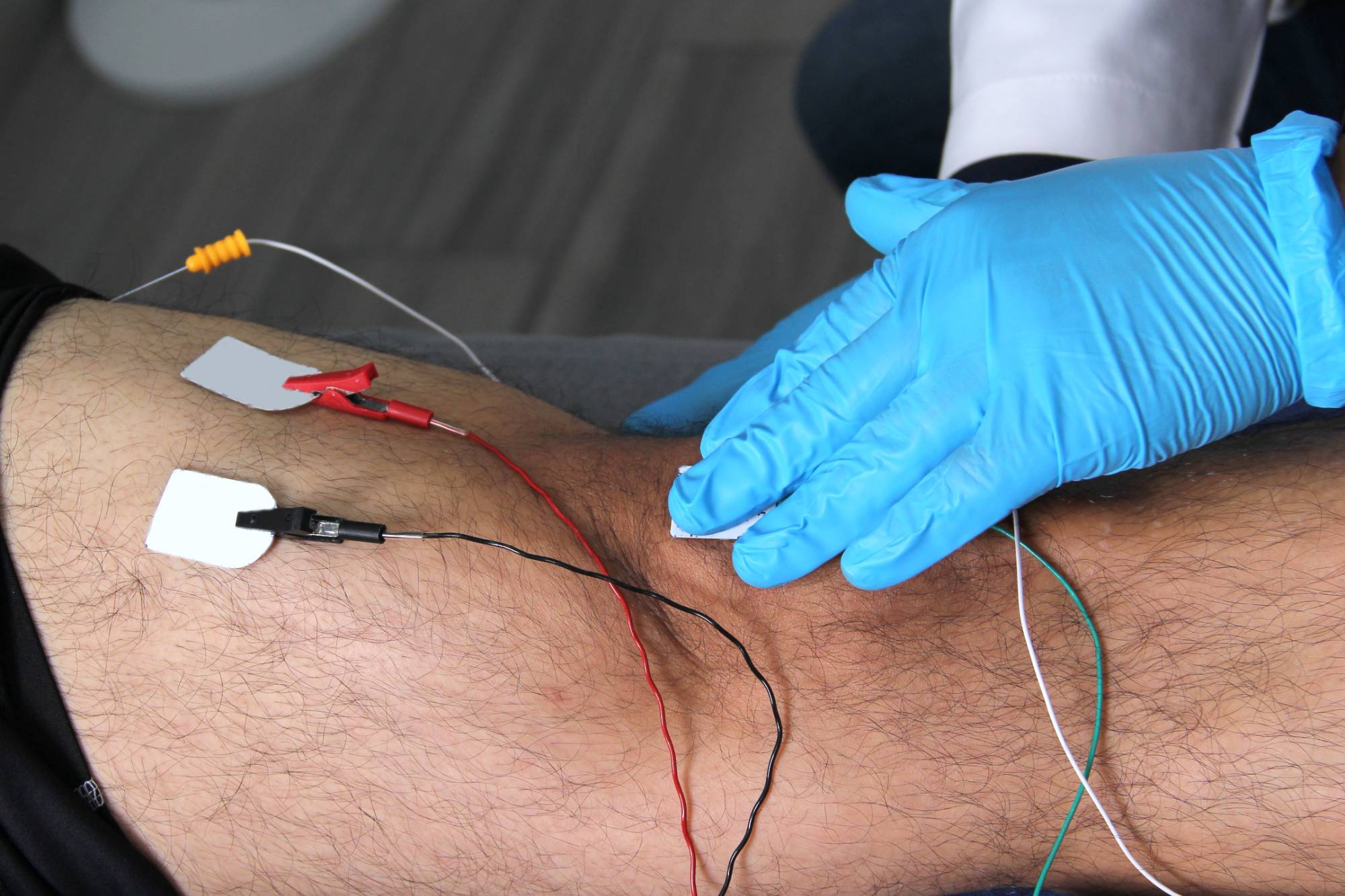
You’ve been dealing with symptoms that don’t make sense. Numbness that comes and goes. Tingling that keeps you awake. Muscle weakness that’s affecting your work and daily life.
EMG testing gives you the definitive answers you need. This diagnostic procedure measures the electrical activity in your muscles and nerves, revealing exactly where the problem is and how severe it might be.
When you know what you’re dealing with, you can stop wondering and start treating. No more guessing games or trial-and-error approaches. Just clear, measurable results that guide your next steps toward feeling better.
We’ve been serving Springfield and surrounding New Jersey communities with specialized diagnostic testing and spine care. Our team includes board-certified physicians trained in neurophysiology and pain management.
What sets our practice apart is the combination of advanced diagnostic technology with the time to explain what your results actually mean. You’re not just getting a test – you’re getting answers from doctors who understand nerve and muscle disorders.
Our Springfield location provides convenient access to comprehensive EMG and nerve conduction studies without the long waits typical of larger medical centers.
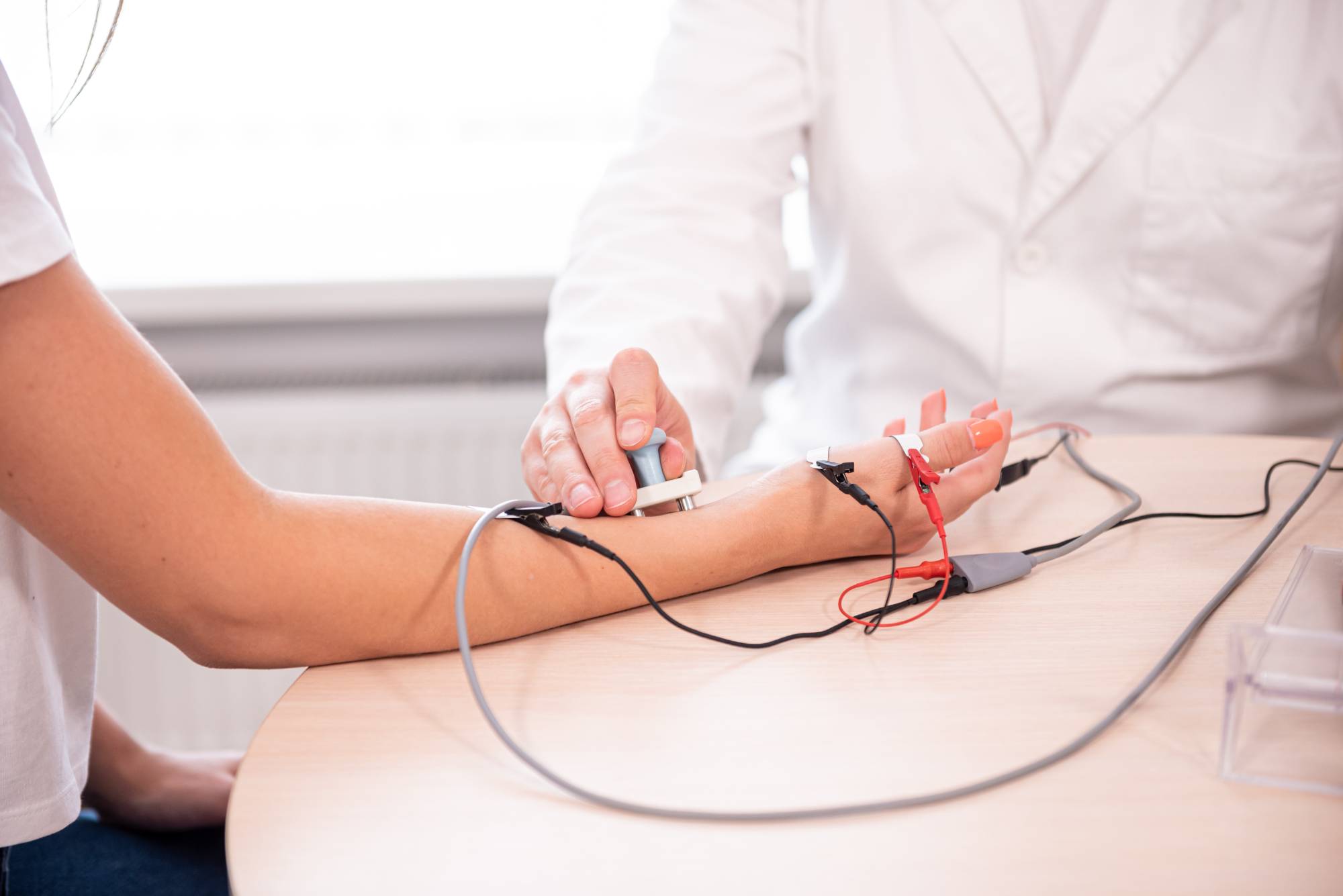
Your EMG testing appointment typically takes 30-60 minutes and involves two main components. First, the nerve conduction study uses small electrical pulses to measure how fast and strong your nerve signals are. You’ll feel brief, mild shocks – uncomfortable but not painful.
Next, the electromyography portion uses thin needle electrodes inserted into specific muscles to record their electrical activity. The needles are much thinner than those used for blood draws, and most patients find this part more tolerable than expected.
Throughout the test, our technician explains what’s happening and adjusts based on your comfort level. Results are available immediately, and you’ll meet with our physician to review findings and discuss what they mean for your treatment options.
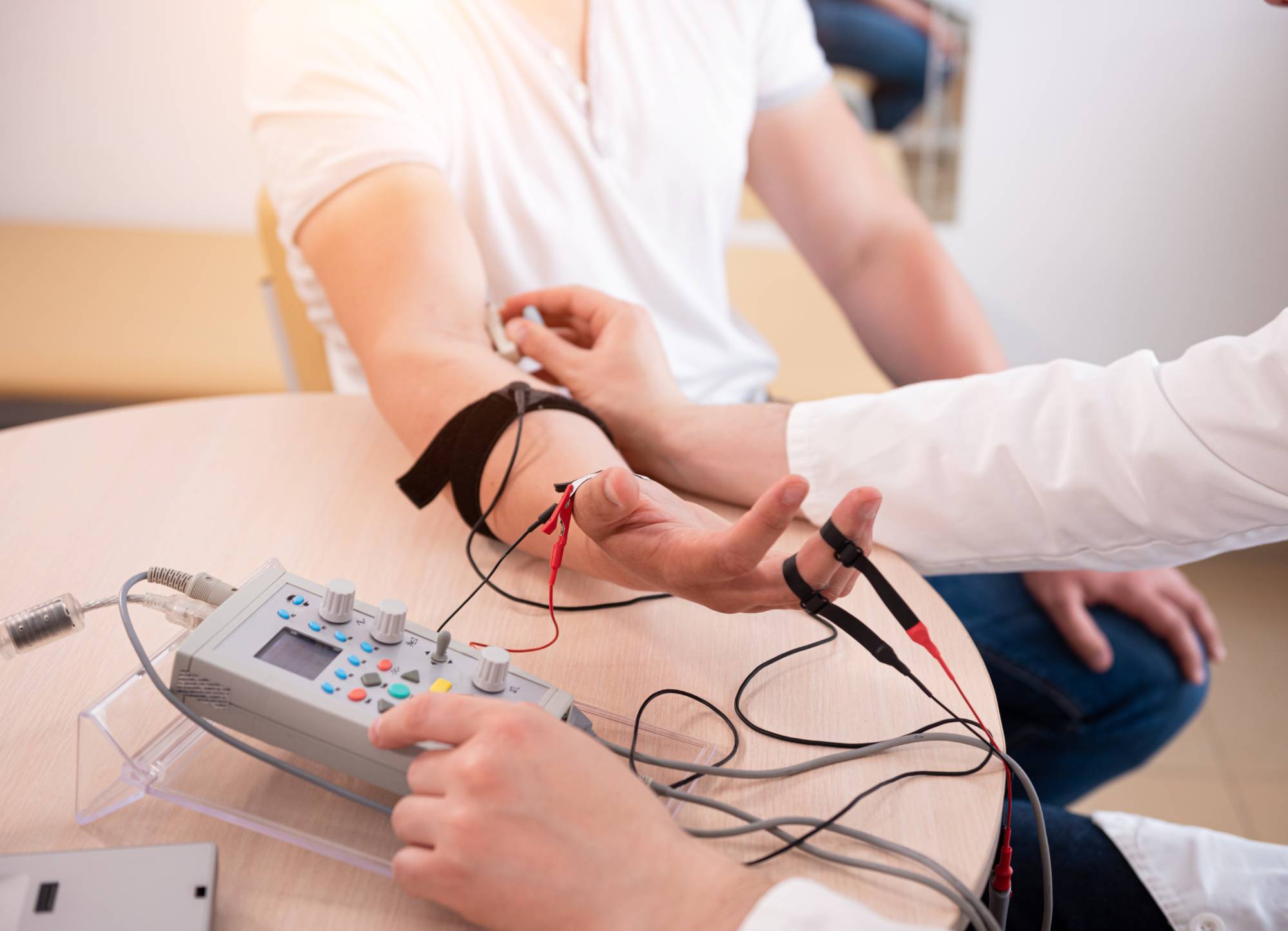
Ready to get started?
Your EMG testing includes both nerve conduction studies and needle electromyography to evaluate different aspects of your nervous system. This comprehensive approach can diagnose conditions like carpal tunnel syndrome, sciatica, diabetic neuropathy, muscle disorders, and nerve compression injuries.
Our testing protocol is customized based on your specific symptoms and the areas of concern. For Springfield area patients dealing with work-related repetitive stress injuries or age-related nerve changes, this targeted approach ensures you get the most relevant diagnostic information.
You’ll receive a detailed report explaining the findings in clear terms, plus coordination with your referring physician to ensure seamless follow-up care. Most insurance plans cover EMG testing when medically necessary.
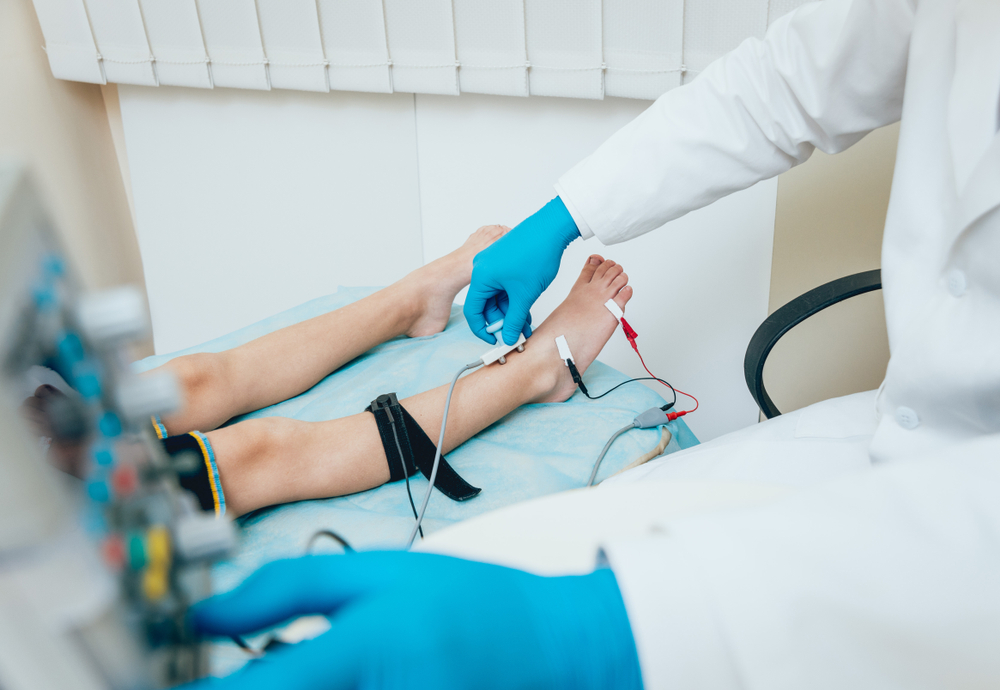
New York:
Florida:
Support